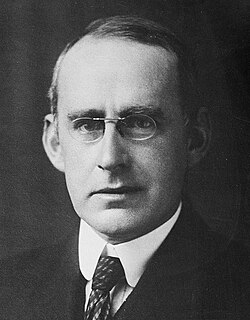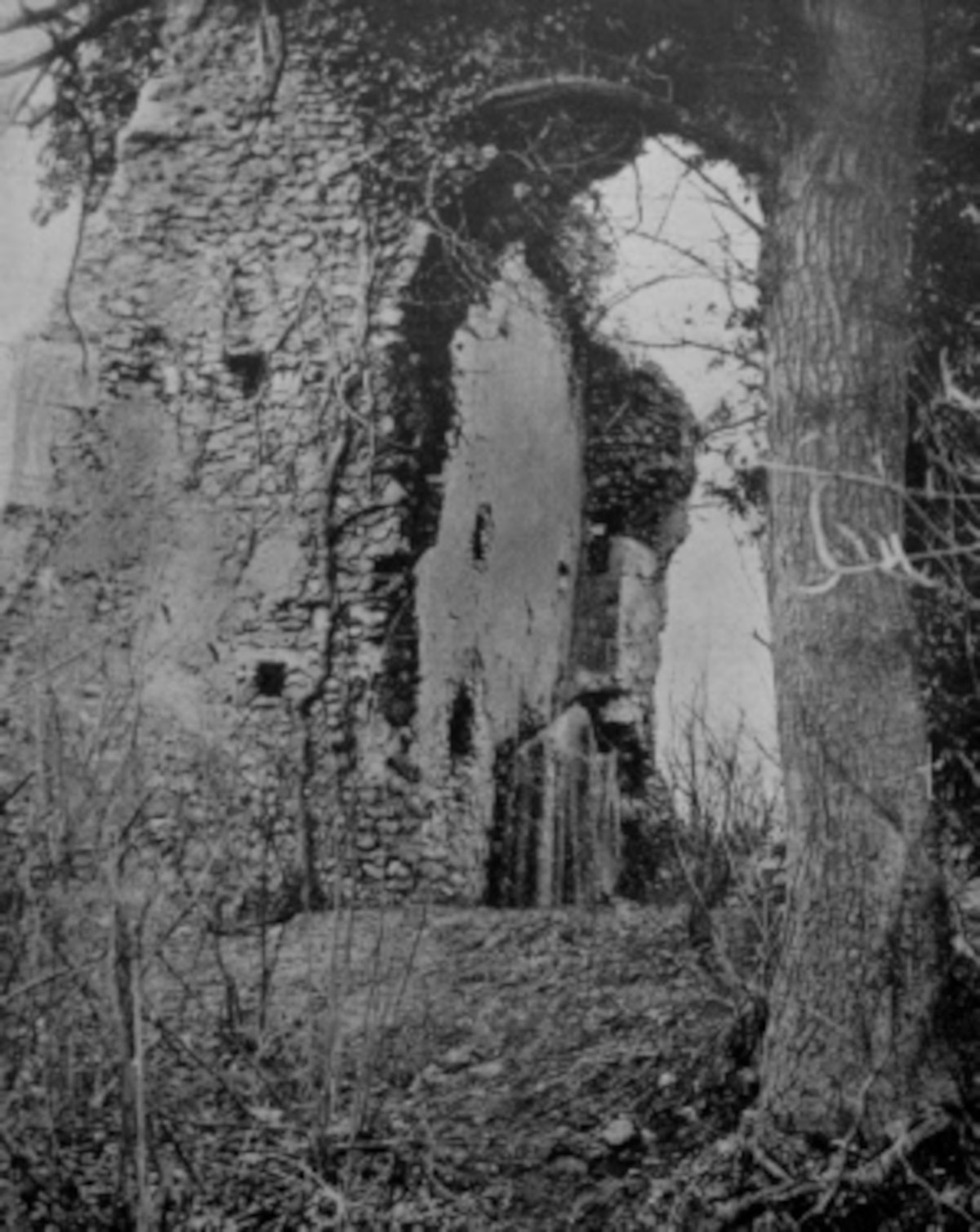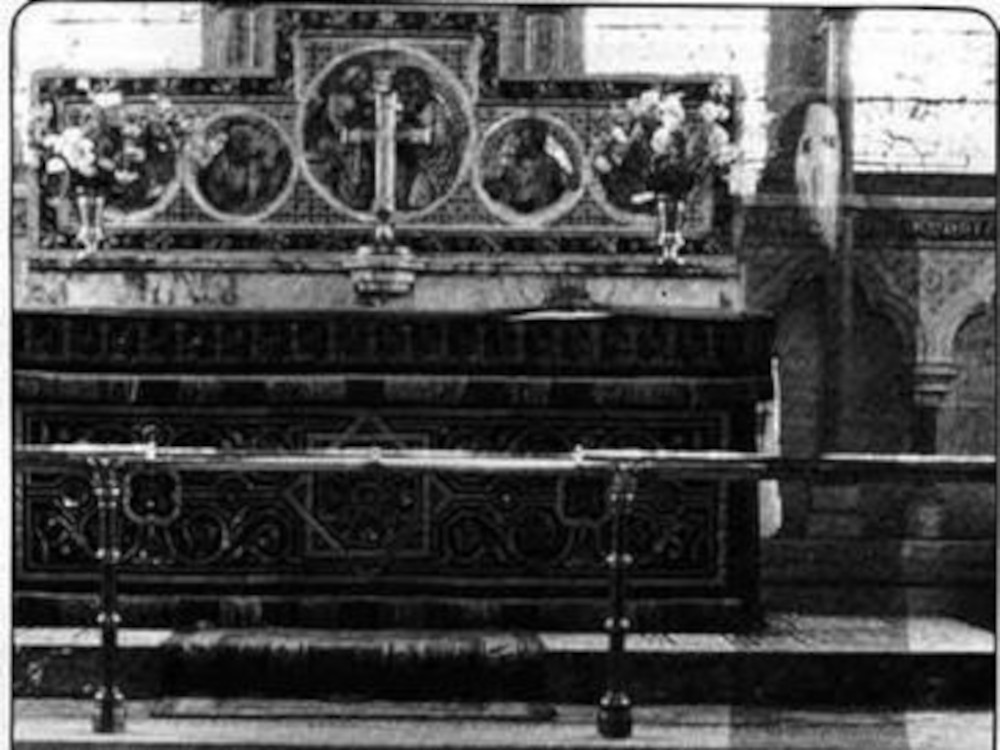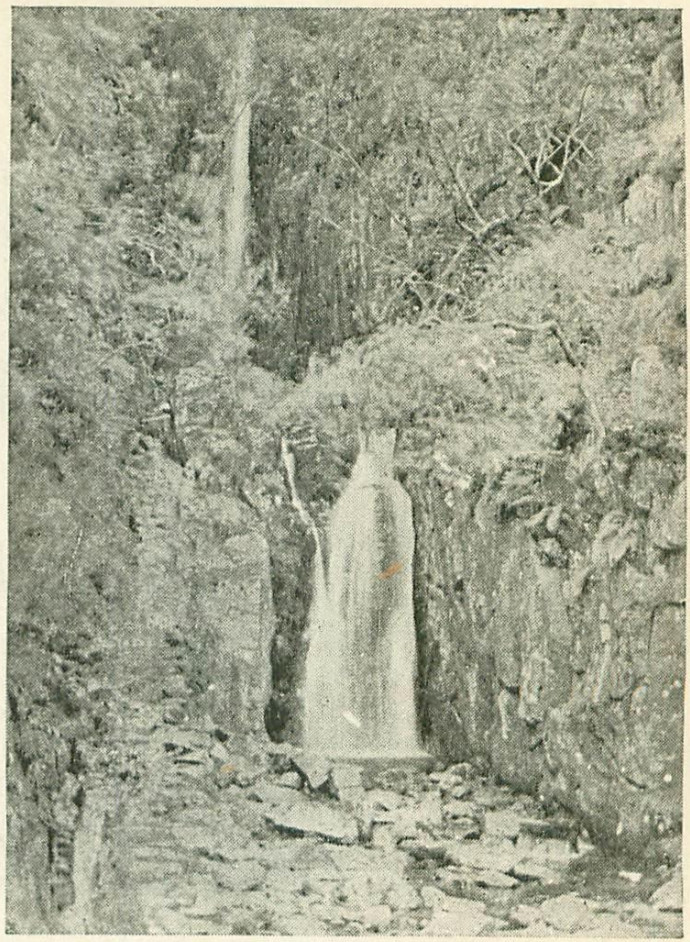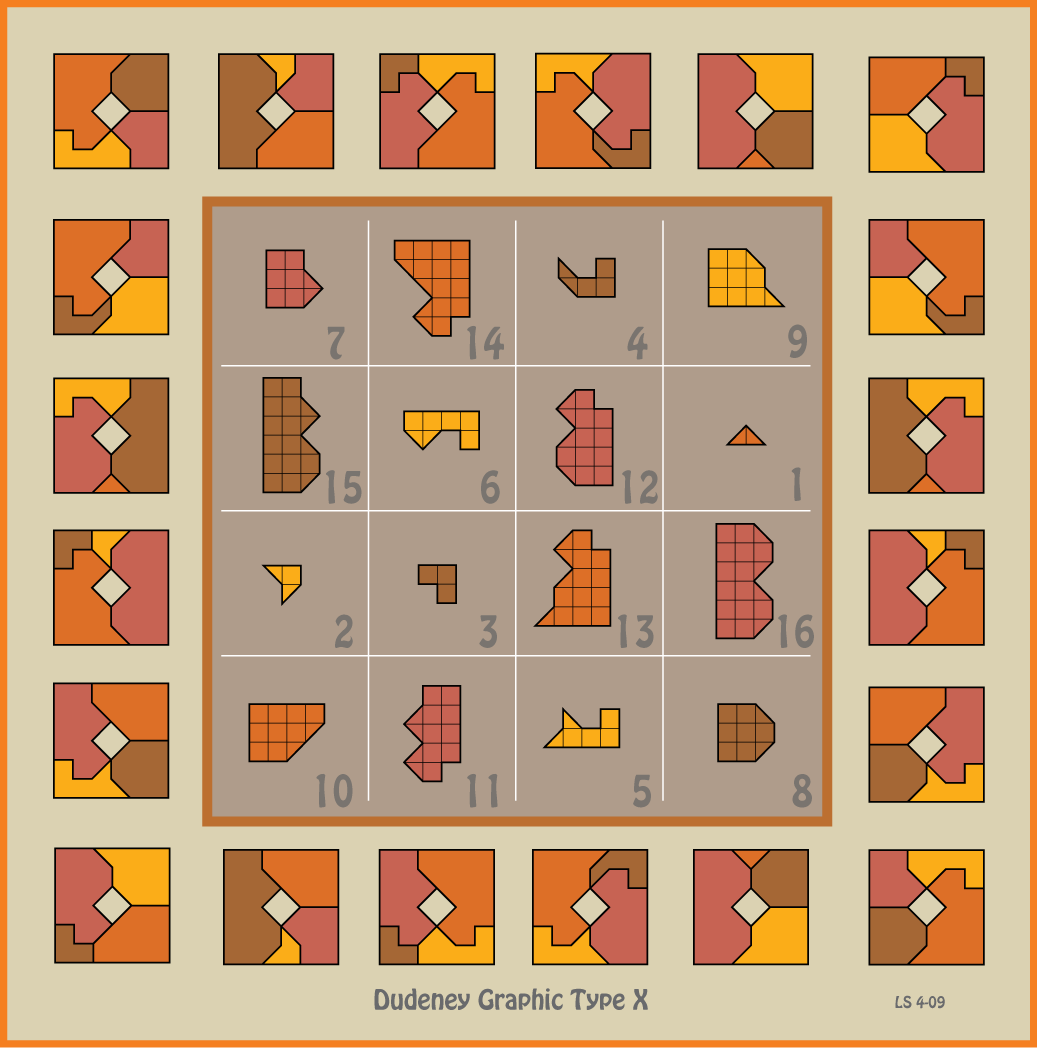chartaceous
adj. made of paper
admarginate
v. to add or note in the margin
subdititious
adj. fraudulently substituted for a person or thing
prepense
n. malice aforethought
Alexander Pope made use of every scrap of paper that offered a clean surface — nearly the entire first draft of his translation of the Iliad was written on the backs of envelopes, bills, miscellaneous letters, and stray bits of paper. Jonathan Swift suggested that other writers might turn this to their advantage: They could print their own works in editions with wide margins, lend these to “paper-sparing Pope,” wait for him to fill in the spaces with poetry — and then sell this as their own.

